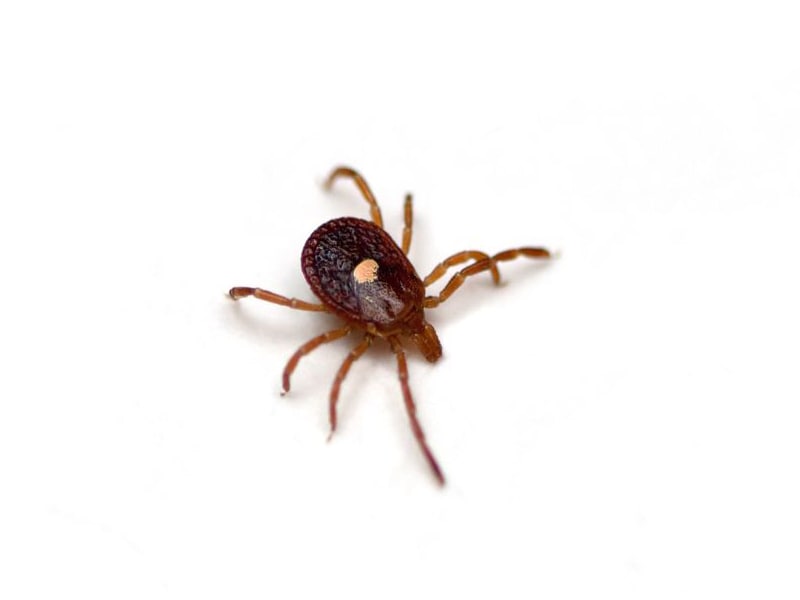
Kids are spending more time than ever in front of screens, making it more likely they’ll become overweight or obese, a new review claims. The average 8- to 18-year-old spends more than seven hours a day fixated on a screen, whether it’s a computer, smartphone, tablet, video game or TV, the latest evidence shows. Teenagers… read on >


























